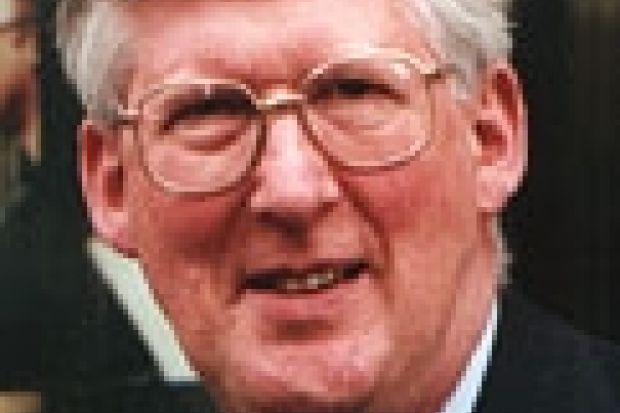In Geoffrey Copland, vice-chancellor and rector of the University of Westminster, the post-1992 university sector has a powerful champion.
Dr Copland, who recently launched an inquiry into London's modern language provision, has spoken out about the value of the different types of education that the post-1992 universities have to offer on many occasions.
In May 1999, The THES wrote: "Dr Copland believes diversity is the key to understanding the new-university sector. Ideas about the nature of education are changing rapidly as the government tries to revolutionise thinking about what and when people learn. New universities are in the vanguard of this."
He has called for more research funding for the sector and has urged caution on top-up fees. Last year, he told The THES : "Just for the sake of getting some more money we could be pricing some students out of the market. This would not be helpful to higher education and what it stands for."
Dr Copland is chair of the Coalition of Modern Universities, a group of 30 institutions that became universities in 1992. He is also a board member of exam group Edexcel and is a member of groups including the Higher Education Consortium and the London Development Partnership.
He has links with business in his role as special adviser to the North-West London Training and Enterprise Council and his membership of the Westminster Partnership of London Chamber of Commerce and Industry.
A physicist by discipline, Dr Copland was educated at Merton College, Oxford. He was a lecturer in physics at Queen Elizabeth College from 1971 to 1980, and then joined Goldsmiths College as dean of studies. Between 1987 and 1995 he was deputy rector of the Polytechnic of Central London, which became the University of Westminster in 1992. He has been vice-chancellor since 1996.
Register to continue
Why register?
- Registration is free and only takes a moment
- Once registered, you can read 3 articles a month
- Sign up for our newsletter
Subscribe
Or subscribe for unlimited access to:
- Unlimited access to news, views, insights & reviews
- Digital editions
- Digital access to THE’s university and college rankings analysis
Already registered or a current subscriber?
